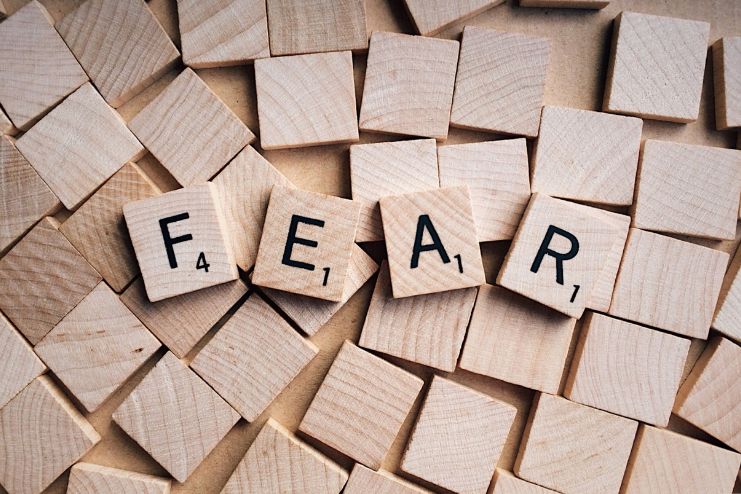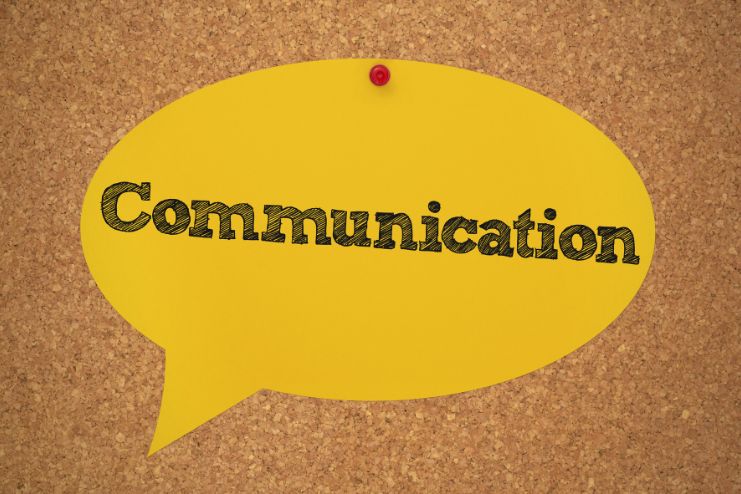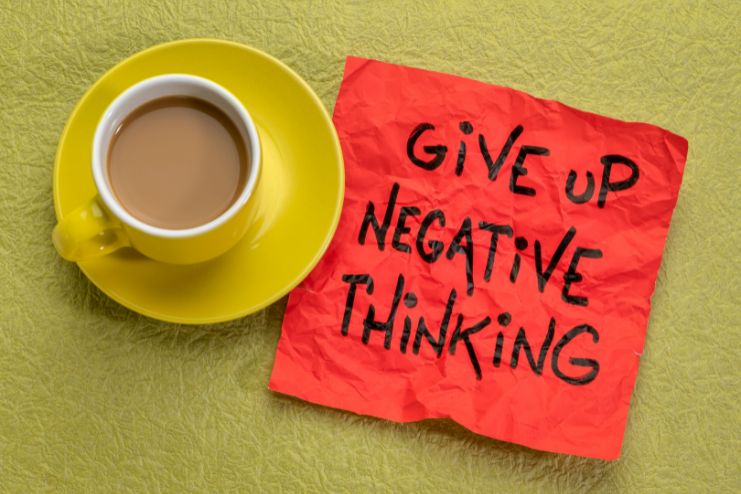Affiliate Disclaimer
Some links in this article are affiliate links. We may earn a small commission if you make a purchase through these links, at no extra cost to you. We only recommend products we find useful to our readersHave you ever experienced an overwhelming burst of anger? You’re not alone. Anger is a normal emotion frequently brought on by tension, annoyance, or a feeling of unfairness. Even though anger is perfectly normal, how you handle it can have a significant impact.
Uncontrolled anger can cause undesirable behaviors, strain relationships, and harm physical and mental well-being. However, controlling your unexpected anger gives you the ability to deal with problems in a calm, collected manner.
This article will show you 16 practical ways to manage your anger, providing both short-term coping mechanisms and long-term fixes. These valuable suggestions will assist you in restoring emotional equilibrium and responding rationally, regardless of the severity of your annoyances. Let’s get you started on the path to better emotional control.
Read More: Why Your Anger Could Be More Dangerous Than You Think
How to Manage Anger?
Fixing anger issues doesn’t happen in a matter of seconds. If you want to handle the raging anger successfully, you must have some healthy outlet to work with.
Some of the best anger management tips include:
1. Do Some Breathing Exercises

If you see yourself displaying signs of anger, try counting to ten. You’ll have more time to calm down, think more clearly, and resist the need to snap.
When you are furious, you naturally take in more air than you exhale. Therefore, to help you relax and think more clearly, try exhaling more than you are inhaling.
Another option is to try breathing slowly. Inhale, then exhale for a more extended period than you took in. Breathe out and relax.
2. Progressive Relaxation of Muscles

Progressive muscle relaxation involves the tensing and relaxing of various muscle groups to ease physical tension. This method can help reduce the physical symptoms of rage, such as tense muscles.
Start by concentrating on your feet and toes as you practice. After tensing these muscles for a short while, relax by letting go. Tensing and relaxing each muscle group as you ascend your body gradually will help you reach your head. This procedure facilitates general relaxation and the removal of bodily stress.
Implementing these relaxation techniques into your daily practice may help control your anger and enhance your general well-being. Remember, it requires practice, so be patient and determine the most effective methods.
Read More: 13 Ways To Release Anger – Harbor Healthy Outlets!
3. Find the Triggers

If you’ve developed a bad habit of losing your temper, consider what makes you angry. Some reasons that could make you lose your temper are long lines, traffic, rude remarks, or being overly exhausted.
Although you shouldn’t hold other people or outside events responsible for your failure to maintain composure, knowing what makes you angry might help you plan appropriately.
To better manage your stress, you may reorganize your day. Or you could work on anger management skills before encountering situations you often find upsetting. You may extend your fuse by doing these things so that one annoying incident won’t make you lose your temper.
4. Engage in a Brief Exercise

When you’re angry, you get a boost of energy. Exercise and physical activity are some of the finest ways to deal with rage. Whether you work out at the gym or take a quick walk, exercise can help you release additional tension.
Frequent exercise also aids with relaxation. Because aerobic exercise lowers stress, it may increase your ability to tolerate irritation. Exercise also helps you declutter your mind. After a hard workout or a lengthy run, you might better understand the issues bothering you.
5. Employ Deep Rest Without Sleep (NSDR)

Non-Sleep Deep Rest (NSDR) is a valuable method that incorporates deep relaxation and may be easier to practice than traditional meditation.
Dr. Andrew Huberman popularized NSDR, a method of guided relaxation that enhances focus and lowers stress. Many people find it a practical option because it is a great way to relax the body and mind without the spiritual qualities of meditation.
For instance, locate a peaceful area where you can easily sit or lie. Shut your eyes and pay attention to breathing. Participate in a guided NSDR session, available online or through relaxing apps. As you practice, you’ll experience a decrease in stress and an increase in serenity.
Read More: How Anger Affects Your Health – 8 Side Effects Of Anger
6. Calm Down Before Expressing

Calming your anger is essential before you can constructively handle it. Lashing out when you are angry will not necessarily yield valuable outcomes.
It is essential to calm down and let the steam blow off before you express what is upsetting you and what is causing the problem in the first place.
Expressing and channeling your frustration when you finally think clearly and know what you are speaking is essential. Be assertive and non-confrontational about the situation, and be clear about your stance without hurting the person on the receiving end.
7. Identify Fear, Rage, and Anxiety

People frequently feel terrified or perceive a threat when they experience or display rage. They react to this by having a “fight.”
Asking yourself what you might be afraid of can help you develop a fresh set of options for reacting.
If things have not gone your way, you may be upset. However, you might also fear others holding you accountable or harming you. Understanding this could change the way you think and behave.
Read More: How Stress Impacts Insulin Resistance and Diabetes Management
8. Effective Communication

Effective communication can decrease anger and avoid misunderstandings. To communicate your feelings without placing the blame on others, use “I” statements.
For instance, try expressing, “I feel frustrated when I feel unheard,” rather than, “You never listen to me.” This method makes it easier to express your emotions positively and leads to a more fruitful discussion.
9. Give up Furious Words and Thoughts

Make an effort to let go of any negative thought patterns. Feelings such as “it’s not fair” might exacerbate rage. Thinking this way will help you stay focused on the issue causing your anger.
Relaxing will be simpler if you learn to let go of negative thoughts.
Certain words and phrases, whether thought or spoken, can exacerbate anger and heighten tension in a conversation.
10. Take a Break

Removing oneself from the issue is sometimes the best approach to dealing with rage. When you take a break, you can relax and think more clearly.
Move away from what makes you angry and do something that will help you decompress, such as walking, listening to music, or working on a hobby. This pause can help you think through your reaction and avoid an angry outburst.
Read More: Mental Health Matters: Breaking the Stigma for Men
11. Take Up Something New to Divert Your Attention

Anger is fueled by thinking about a distressing event. For instance, thinking about everything that went wrong all evening will leave you aggravated if you’ve had a rough day at work.
“Don’t think about that” isn’t always a good strategy. Distracting oneself with an activity is the best technique for changing one’s mental focus. Engage in an activity that demands your attention and hinders the flow of negative or angry thoughts.
Playing with the children, weeding the garden, paying bills, or thoroughly cleaning the kitchen are a few ideas. Look for a task that will keep your thoughts busy enough to prevent you from dwelling on the things that bother you.
12. Recognize the Emotion That Underlies You

It can occasionally be beneficial to pause and consider the feelings hiding beneath your rage. Anger frequently acts as a shield to save you from experiencing more unpleasant feelings like shame, despair, and disappointment.
For instance, when someone delivers difficult-to-hear criticism, you may become embarrassed and react angrily. You may feel better if you convince yourself that the other person is horrible for criticizing you since it prevents you from feeling ashamed. However, recognizing underlying feelings can assist you in identifying the source of the issue. After that, you can choose to act appropriately.
Read More: Adaptogens for Stress: Natural Remedies to Calm Your Mind and Body
13. Look for Answers

Concentrate on figuring out a solution rather than what enraged you. Consider what you can do to solve the current issue.
This proactive strategy lessens frustration and gives you a sense of control. By working toward a settlement, you can control your anger and move on constructively.
For instance, when Mike became enraged over a project delay, he concentrated on drafting a revised timetable with precise measures to get back on track. His team remained motivated, and this problem-solving approach lessened his anger.
14. Laugh Instead

Laughing is the best medicine if you look into it.
If you have been trying to calm your anger, try switching the situation to something funny. Try creating a moment that makes someone laugh when they are stuck in an angry situation.
Approaching the situation lightheartedly helps manage anger better and diffuses it more quickly and constructively.
15. Write it Down Instead

One of the best anger management tips for handling uncontrollable rage is to try to write everything down.
It helps you have a healthy outlet for your anger and prevents you from lashing out at someone unnecessarily.
Keep a journal or something and log the triggers that cause your anger; trust me, the rest will fall into place.
Read More: How to Talk to Your Kids About Mental Health
16. Make Time for Sleep

Getting enough sleep is crucial for controlling emotions. Sleep deprivation might increase your irritability and anger. To help you keep your emotional equilibrium, ensure you receive at least seven to nine hours of sleep per night.
Practice excellent sleep hygiene, including following a regular sleep schedule and maintaining a peaceful environment, to improve your general well-being and reduce anger triggers.
When to Seek Professional Help
Frequent or uncontrollable outbursts of anger may indicate a more serious problem, even though occasional anger is typical. It could be time to get professional help if your anger affects your relationships, career, or general well-being. The following are indicators that call for intervention:
- Persistent annoyance about little matters.
- Hurting yourself, other people, or property.
- Feelings of shame, regret, or guilt following outbursts of rage.
It is crucial to select the appropriate counselor or therapist. Seek experts in cognitive-behavioral therapy (CBT), anger management therapy, or emotional regulation methods.
Anger management therapy provides a secure environment for recognizing triggers, creating coping mechanisms, and improving reactions. With professional help, you may reclaim control, strengthen your bonds with others, and improve your emotional health. A brave first step toward long-lasting change is asking for assistance.
Read More: The Psychology of Attachment Styles: How They Affect Relationships
Conclusion
Effective anger management is crucial to preserving one’s mental and physical health. By being aware of your triggers and using effective coping mechanisms, you can turn angry outbursts into opportunities for personal development and self-awareness. Anger management is not about concealing your feelings but expressing them healthily and helpfully.
Start by using some of the methods in this article in your everyday activities. Regular practice will improve your relationships and emotional control. Remind yourself that growth takes time, and practice patience.
We would be delighted to hear from you! Which techniques for controlling your anger did you find most effective? Help others on their path to more healthy emotional responses by sharing your experiences in the comments section.
-
Feb 2019Written by Somapika D
-
Apr 2025Edited by Ankita
References
- https://www.dadabhagwan.org/path-to-happiness/self-help/anger-management/
- https://www.nhsinform.scot/healthy-living/mental-wellbeing/anger-management/how-to-control-your-anger/
- https://www.apa.org/topics/anger/strategies-controlling
- https://www.mind.org.uk/information-support/types-of-mental-health-problems/anger/managing-anger
- https://www.hubermanlab.com/topics/nsdr-meditation-and-breathwork
- https://www.verywellmind.com/anger-management-strategies-4178870
In this Article

















